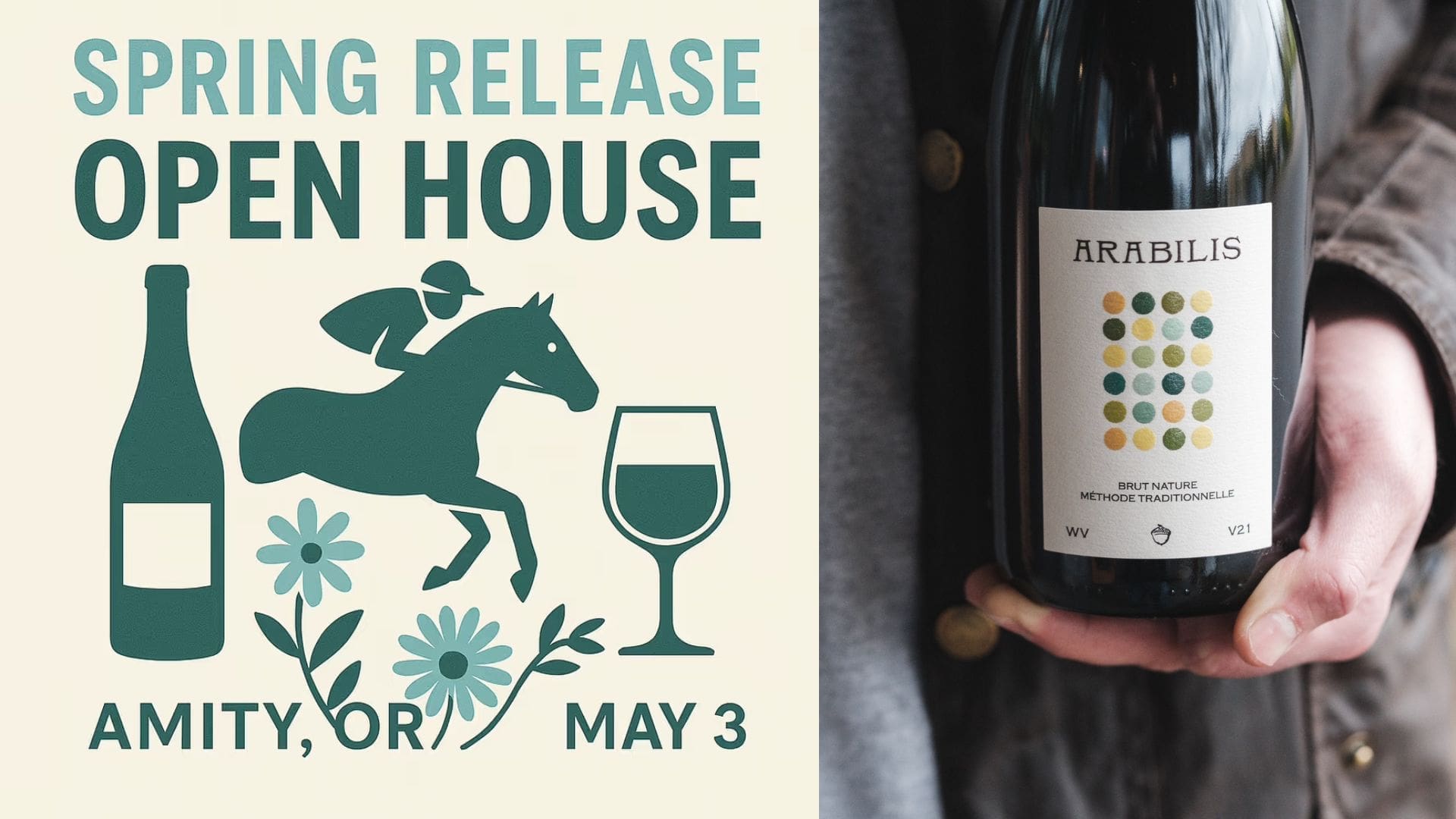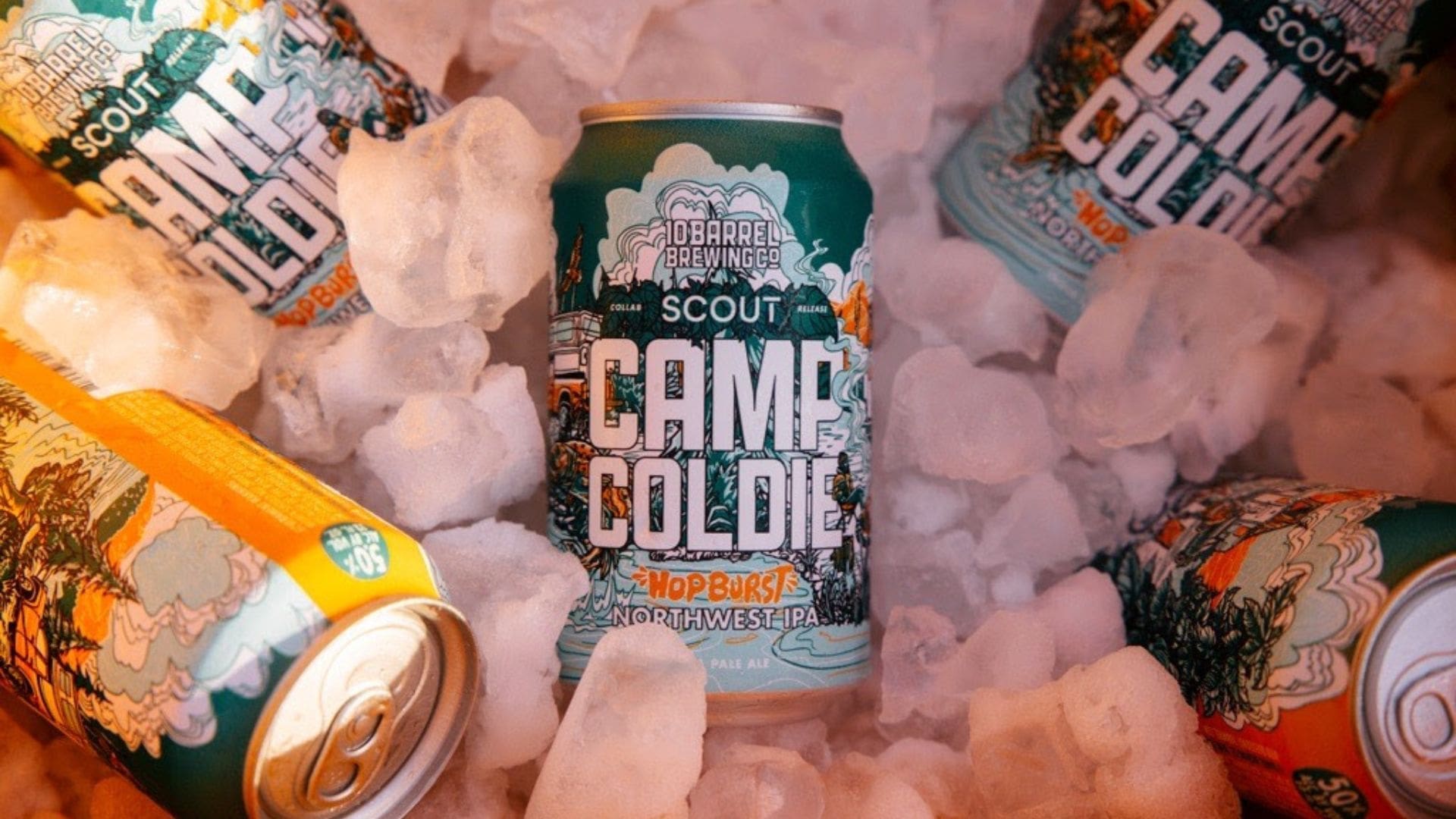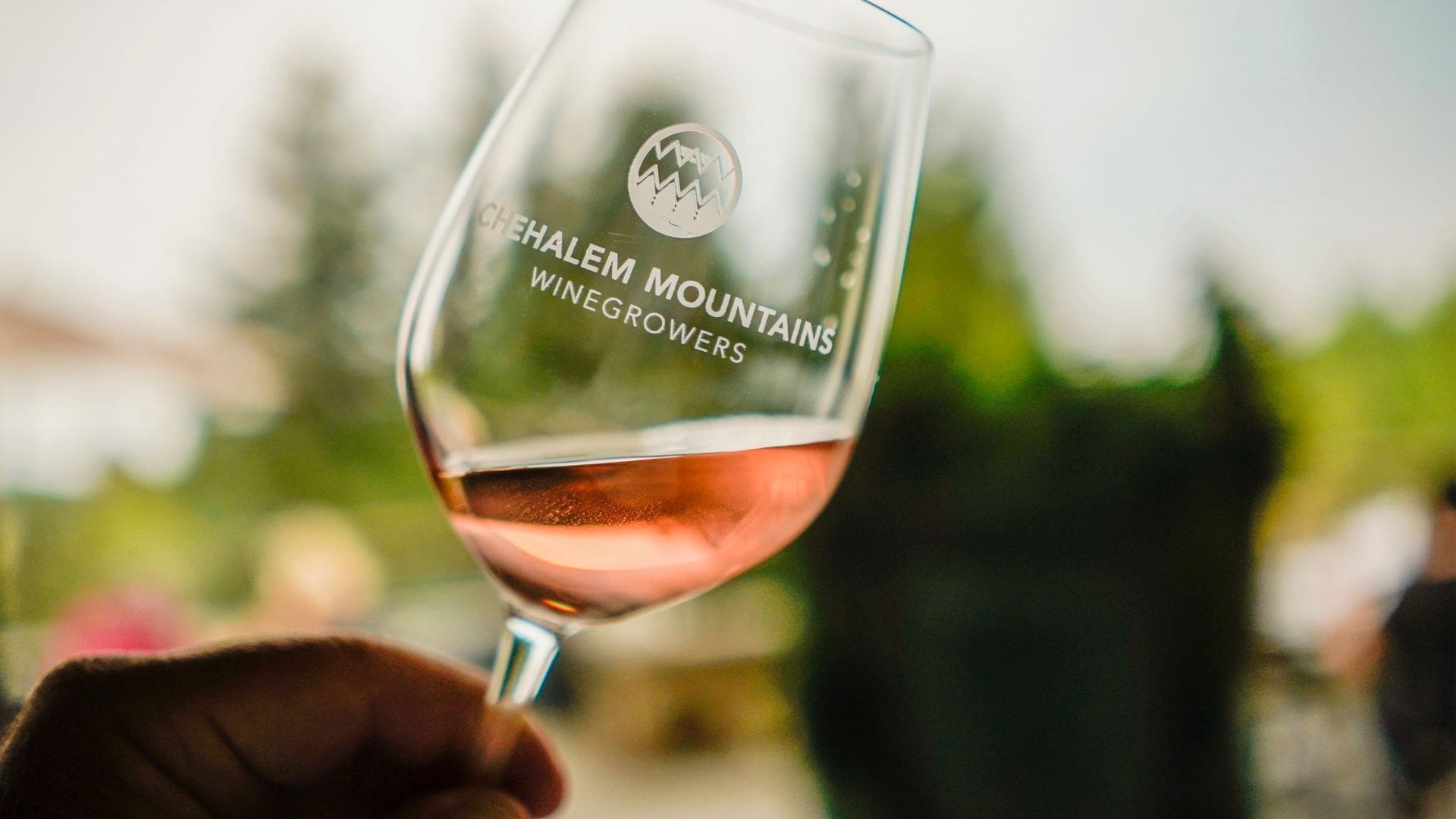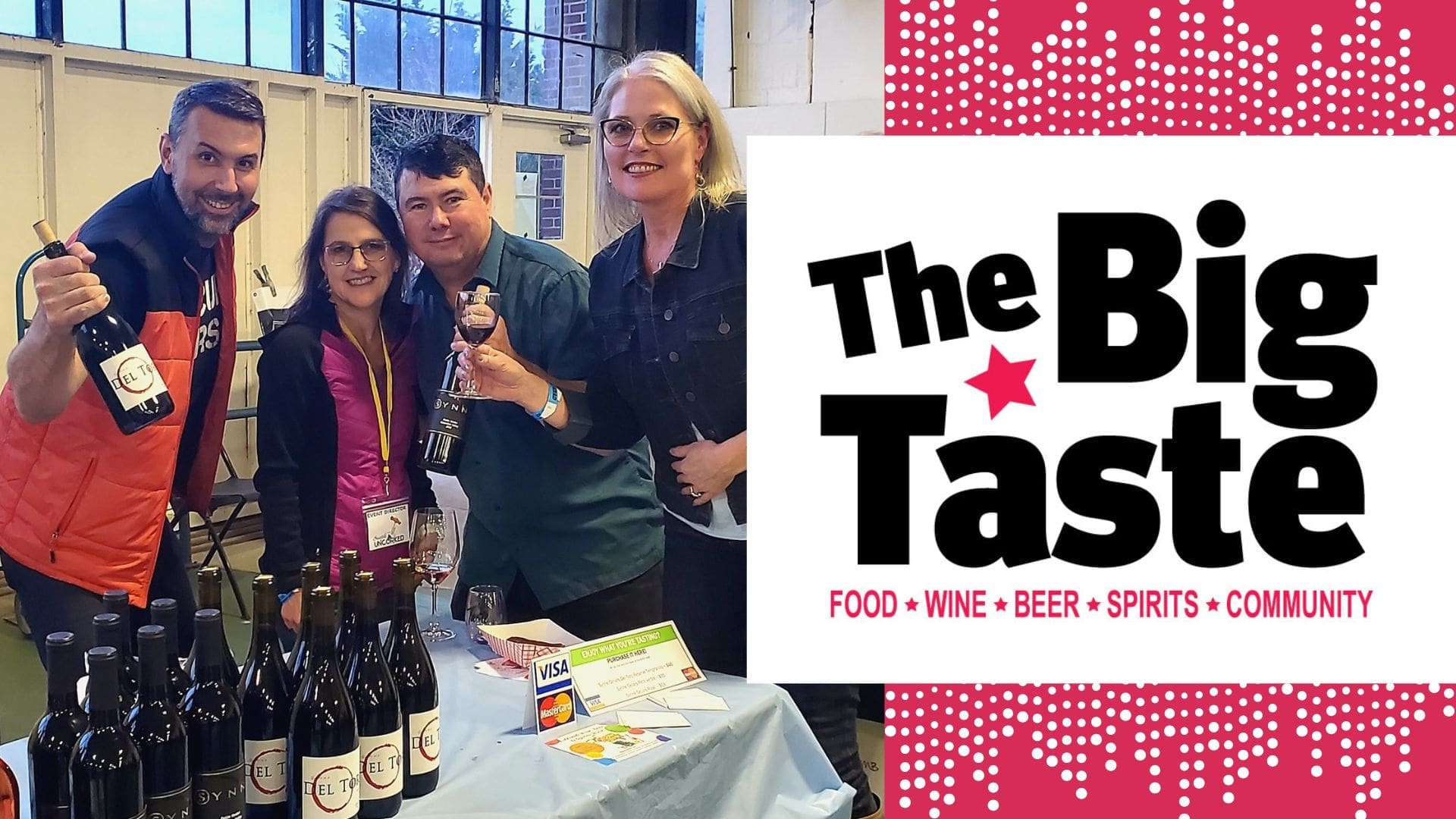The Oregon Truffle Festival Returns for 10th Year
In the culinary world, Oregon has already gained national recognition for its beer, wine and hazelnut industries, let alone the restaurant scene itself. But within the past few years, an expensive fancy fungus has been slowly trying to break through and reach the same elevated status in the state.
This tremendous tuber is of course the fruiting body of the truffle, which is considered by some chefs to be the zenith of luxurious cooking ingredients due to its complex and extraordinary flavor, and difficulty to obtain. While truffles are generally seen as a European culinary ingredient, Oregon has a surprising number of native truffle varieties and a climate ideal for growing them that’s on par with France’s.
The Oregon Truffle Festival celebrates the slow-but-steady boom of the Oregon truffles and the hopes that the region’s industry may one day rival that of some European regions. Now in its 10th year running and first year being split into two weekends due to popular demand, the festival will be held in Portland and Yamhill Wine Country on January 15-18, and in Eugene on January 23-25 at various locations in each city’s surrounding area.
Oregon is particularly interested in this fungus because they’re relatively easier to produce when compared to wine or other crops (all you need is land you know has them and trained sniffing dog) and could rake in an estimated $200 million annually for the state, according to a 2009 feasibility study. But in the past, spreading knowledge of where to find Oregon truffles and how to find and pick them has been one of the biggest hurdles in the fruit’s expansion. Those who are in the know are keen to keep their business practices hush-hush—with some of the most prized truffles fetching up to $3,500 per pound, who can blame them for not appearing on Oprah and sharing their secrets with the world?
However, in recent years, Oregon has been trying to introduce truffle-inoculated hazelnut trees into some of the state’s orchards, which are essentially trees that have entered a safe symbiotic relationship with the fungus and begin producing edible truffles within about four years—the exact process is considered trade secret. The introduction of these inoculated trees has already proved to be triumphant, with one successful harvest in 2013 and new production of inoculated trees in two more orchards in 2014.
In addition to celebrating its culinary value, one of the goals of the festival is educating interested parties with the knowledge of truffle cultivation in the Pacific Northwest. “We dubbed this 10th Oregon Truffle Festival ‘Better Together’ because it signifies the convergence of culinary fervor, burgeoning agricultural opportunities and the expansion of the festival into multiple regions of Oregon,” says Dr. Charles Lefevre, festival organizer, mycologist and founder of New World Truffieres.
Events of this year’s Oregon Truffle Festival cost anywhere from $15-$1,000 and are targeted toward a general audience from farmers and chefs to people who have never even tried a truffle but are dying to know what all the fuss is about. Highlights include dozens of guest chefs including Jenn Louis who appeared on Top Chef Masters and co-owns Lincoln Restaurant, a truffle hunt competition, truffle dinners, a truffle market and many more. A full list of events can be found on the Oregon Truffle Festival’s website.











